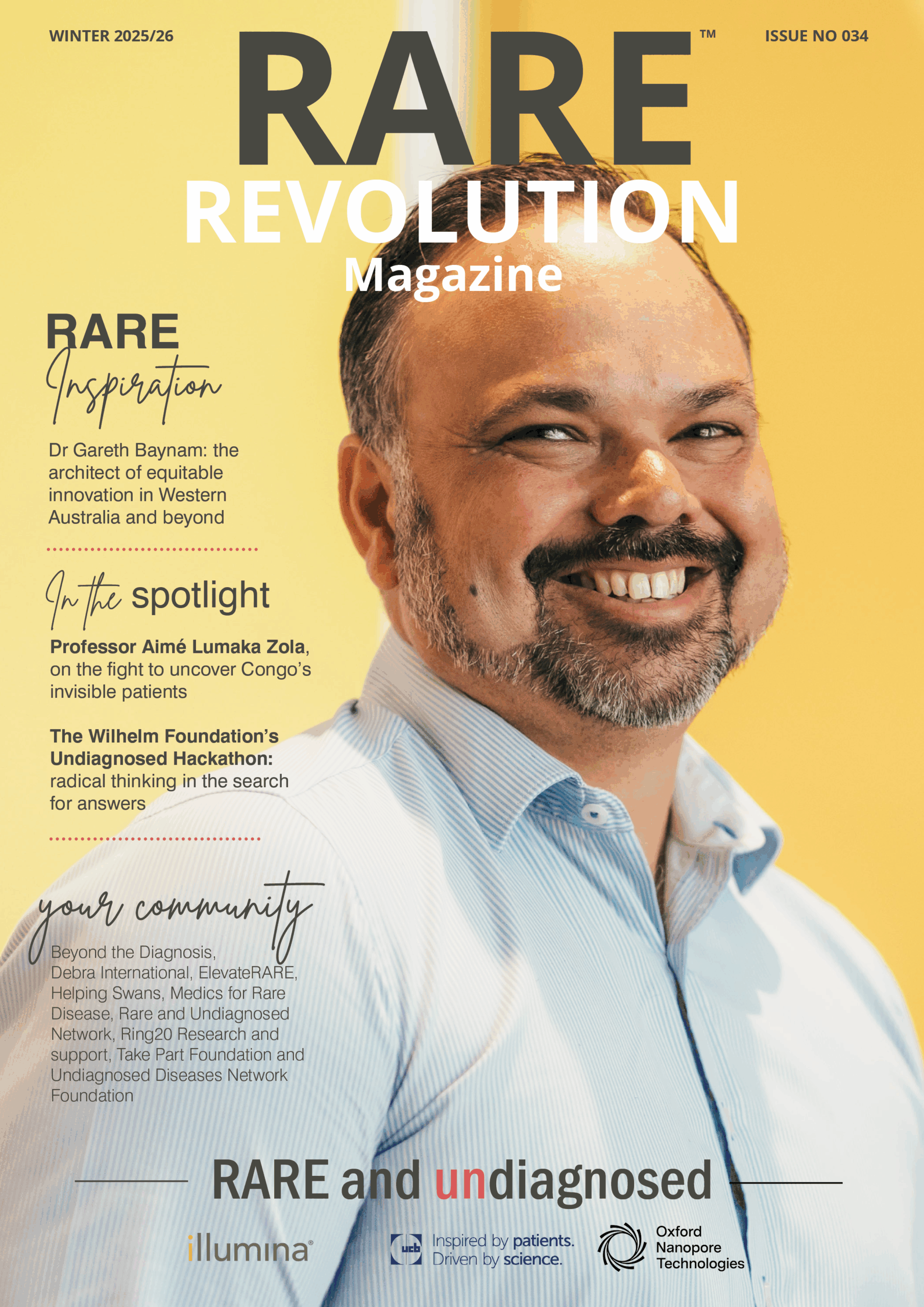Calling for implementation of neonatal screening programmes following the WHO resolution on rare diseases
Brussels, 28 June 2025 – On this International Neonatal Screening Day (INSD), Screen4Rare urges governments across the globe to prioritise and implement universal neonatal screening programmes, in line with the World Health Organization’s (WHO) recent Resolution on Rare diseases: a global health priority for equity and inclusion. This pivotal resolution calls for stronger action and broader access to health interventions that can significantly reduce the burden of treatable rare diseases, including through neonatal screening.
The WHO’s commitment to advancing neonatal screening has the potential to change the trajectory of healthcare for millions of children worldwide. For children born with treatable rare diseases, early diagnosis is often the key to effective intervention, and neonatal screening serves as an essential, life-saving tool.
“Neonatal screening isn’t just a medical test — it is a public health intervention that, when implemented universally, has the power to save lives, improve quality of life, and reduce long-term health costs,” – Johan Prevot, Executive Director of the International Patient Organisation for Primary Immunodeficiencies (IPOPI).
While neonatal screening is already helping to improve outcomes for many babies, it remains inaccessible to a large portion of the global population. “Currently, only 33% of newborns globally are screened for conditions that could be detected and treated early”, pointed out Jim Bonham, President of the International Neonatal Screening Society (ISNS). “The simple heel-prick test has the potential to identify serious but treatable conditions, allowing for immediate intervention that could improve the health and development of over 100,000 newborns annually.

Recent Progress
Several countries are making strides in advancing newborn screening for conditions such as Severe Combined Immunodeficiency (SCID), a critical immune disorder. Portugal introduced SCID in the country’s national neonatal screening programme in April 2025, while in France the screening will begin as of September 1st, 2025. This phenomenon is not limited to Europe, as other countries such as Brazil and Malaysia are also working along the same lines.
Fabio Candotti, President of the European Society for Immunodeficiencies (ESID), emphasised the importance of early detection: “SCID is a life-threatening condition, but with early diagnosis through newborn screening, we can offer these children a real chance at life. Early intervention is the difference between a future full of health and one full of uncertainty. We are seeing significant progress, but we need more countries to adopt this crucial test”. Considering the WHO’s recent adoption of a resolution on rare diseases, Screen4Rare underscores the need for greater global collaboration to ensure equitable access to neonatal screening for treatable rare diseases. The WHO resolution stresses the importance of universal access to early diagnosis, including newborn screening, and provides an essential framework for governments and health organisations to work together to improve public health outcomes worldwide.
On this International Neonatal Screening Day, Screen4Rare calls on all nations to prioritise the expansion of neonatal screening programmes to address the unmet needs of children born with rare and treatable diseases. Together, we can make neonatal screening a global standard of care for all newborns—ensuring that every child, regardless of where they are born, has the opportunity for a healthy start in life.
For more information, please contact:
Johan Prevot Executive Director, IPOPI johan@ipopi.org
Jim Bonham President, ISNS j.bonham@nhs.net
Fabio Candotti President, ESID fabio.candotti@chuv.ch
About: Screen4Rare is a multi-stakeholder platform launched by the International Patient Organisation for Primary Immunodeficiencies (IPOPI), the International Society for Neonatal Screening (ISNS), and the European Society for Immunodeficiencies (ESID) aiming to exchange knowledge and best practices on NBS for rare diseases. The group’s ultimate objective is, through policy engagement, to work towards ensuring that all babies can have equitable access to neonatal screening; a life-saving tool for conditions such as SCID.




